Last Saturday in Paris a police officer leapt from his car and levelled his handgun at a baying mob. The thugs backed off long enough for the policeman and his colleagues to make good their escape.
The chief of the Paris police, Laurent Nunez, praised the officer’s ‘sang-froid’ in successfully extracting his team from a dangerous situation. The Green MP Sandrine Rousseau took a different view, describing the policeman’s behaviour as ‘unacceptable’.
The ambition of the progressive Left is to defund the police and give the streets over to anarchists, extremists and Islamists
She made no reference to the moments leading up to the confrontation, when masked men with iron bars and steel-capped boots attacked the police car after it had strayed too close to a left-wing anti-police rally.
For Britons of a certain age, the footage was reminiscent of an awful day in March 1988 when two British soldiers in civilian clothes and in an unmarked car inadvertently drove into an IRA funeral procession. One of the pair drew his service pistol and fired a warning shot but the frenzied horde overwhelmed the two soldiers, dragging them from the car, stripping them, beating them and murdering them.
The mob in Paris may have had similar murderous intentions. In May 2016, far-left demonstrators ambushed a police car in the French capital and set it on fire. As the occupants stumbled out they were assaulted with iron bars. Although two people charged with the attack were acquitted, the ringleader, a bourgeois sociology student called Antonin Bernanos, grandson of the famous novelist George, was convicted of aggravated assault. His mother was outraged at the sentence but the majority reaction was one of disquiet at its leniency: five years with two of those suspended. Bernanos was released after ten months.
That sentence was another contributary factor in the growing strain in France between the police and the judiciary. Speaking in July, Laurent Martin de Fremont, a police union spokesman, claimed that ‘there is now a section of the judiciary that hates the police’. He made his remarks after dozens of police officers began calling in sick, their way of registering their displeasure at the incarceration of one of their colleagues on charges of assaulting a man during the summer riots.
In some quarters, the protesting police officers were accused of letting down their profession, an accusation that could also be levelled at the decision of France’s second largest magistrates’ union to attend the recent Fête de l’Humanité. This annual three-day event in Paris is a left-wing jamboree founded in 1930 by the communist Marcel Cachin. The decision of the magistrates’ union, which represents about a third of its profession, to attend for the first time this year, did not pass unnoticed.
The Minister of Justice, Éric Dupond-Moretti, said he was ‘infuriated’ but not that surprised, given that the union had ‘sided with the rioters’ during the summer unrest. Among the events in which the union participated was a debate entitled How can the social movement deal with police violence and increased repression?
The same union was present in Paris on Saturday at the rally against ‘police violence’, the same rally in which three police officers were injured and more would have been had one not pointed his pistol at the mob. Earlier in the month, two policemen in the north of Paris were forced to fire five warning shots over the heads of a gang of twenty hoodlums who attacked them after they’d pulled over a motorcyclist.
Some inner cities in France now resemble the Wild West and the thin blue line of the police is all that separates the rest of the Republic from descending into similar criminality and anarchy. The public are aware of this. A poll last week found that 84 per cent of people support the police drawing their weapons when threatened.
The poll reveals the gulf between the vast majority of the public and a small but powerful progressive left. Taking inspiration from America, their ambition is to defund the police and give the streets over to anarchists, extremists and Islamists.
Among the 9,000 protestors on Saturday’s march were members of La France Insoumise, the party founded by Jean-Luc Melenchon. He is a long-standing and virulent opponent of the police, accusing them of a shoot to kill policy.
Two days after the protest against ‘police violence’, the trial opened in Paris of the alleged accomplice of the man who murdered a married police couple at their home in Magnanville, south of Paris, in June 2016. Their killer was an Islamist, who slit Jessica Schneider’s throat in front of her three-year-old son and then went live on social media to ponder whether he shouldn’t also snuff out the toddler’s life. He was killed by an elite police team before he had the chance.
There is still a psychological scar for the police from that traumatic evening. ‘Someone came into our private home and killed us in front of our children,’ said Jean-Christophe Couvy, a police union spokesman this week. ‘It was the first time that we had been the victims of terrorism at home.’
Numerous police officers have been killed or wounded by Islamists in the years since, including four who were murdered by one of their own colleagues at police HQ in Paris in 2019 in the name of the Islamic State. And the threat remains; only this month Al-Qaeda warned France to expect an attack in the near future. It issued the threat in its journal, Sada al-Malahim, illustrating it with a photograph of grieving French police officers.
The tragedy for France is that Islamists are not the only enemy of the police in 2023. Some on the far-left are also out to get them, and the violence that they use isn’t only physical but intellectual.
Got something to add? Join the discussion and comment below.
Get 10 issues for just $10
Subscribe to The Spectator Australia today for the next 10 magazine issues, plus full online access, for just $10.


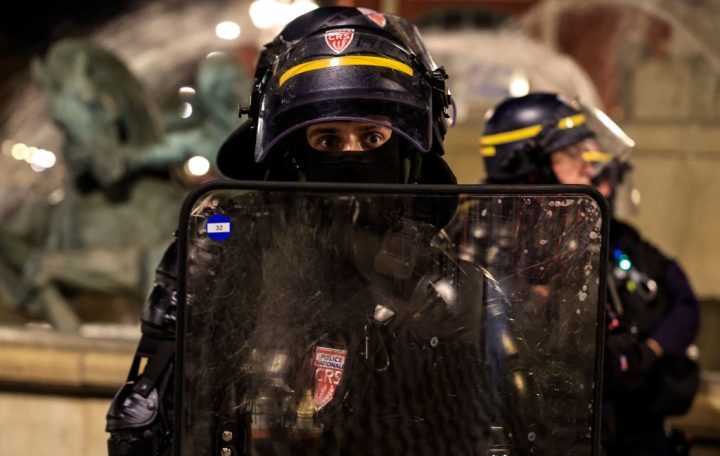

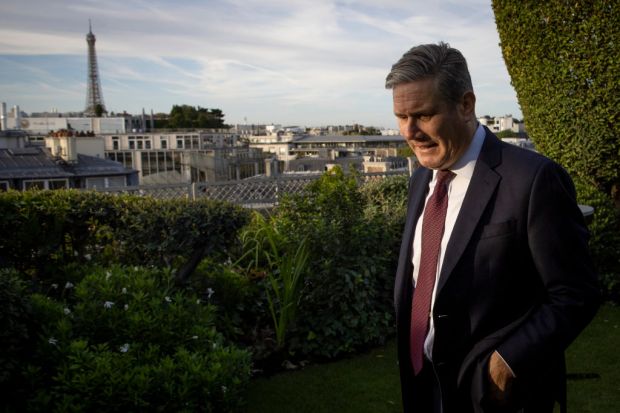
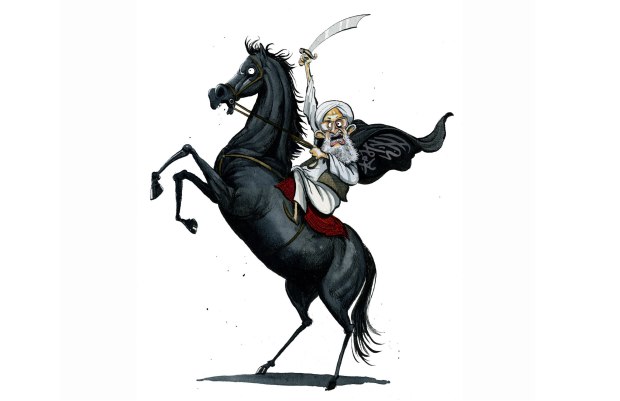
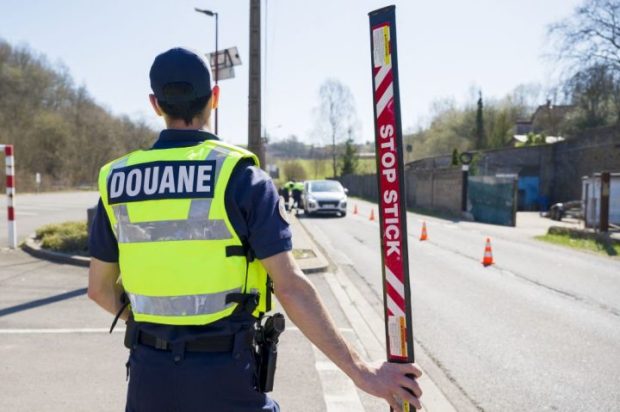
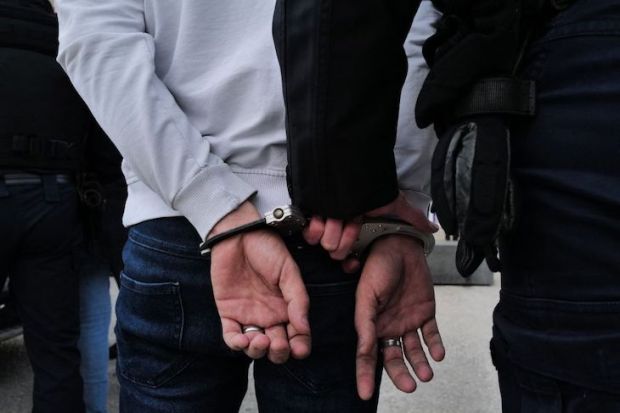













Comments
Don't miss out
Join the conversation with other Spectator Australia readers. Subscribe to leave a comment.
SUBSCRIBEAlready a subscriber? Log in